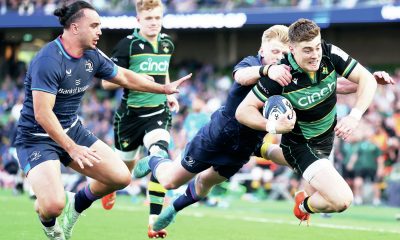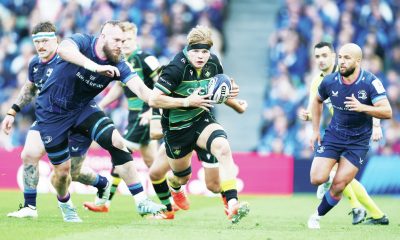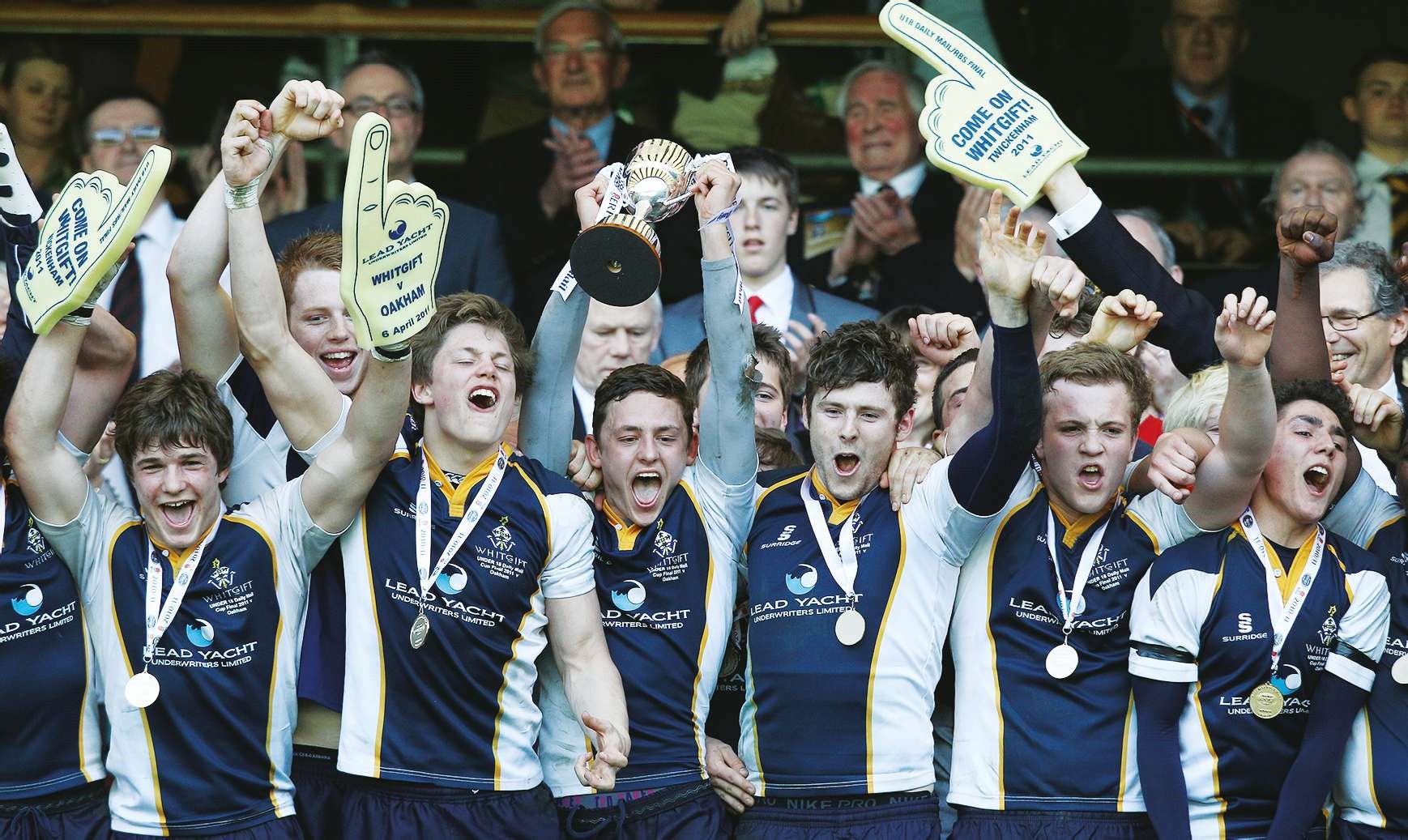
Brendan Gallagher continues his series looking at rugby’s great schools


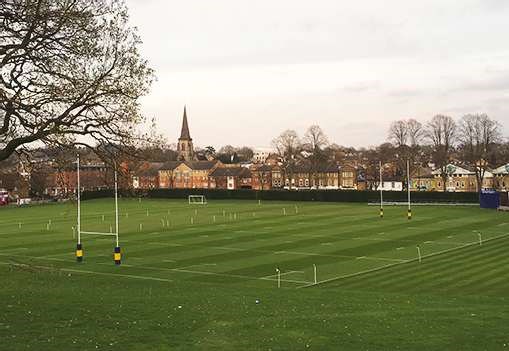
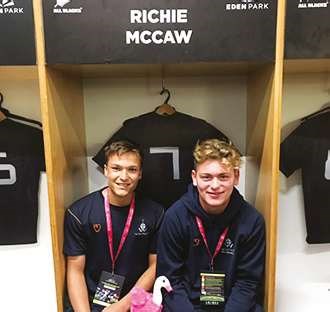
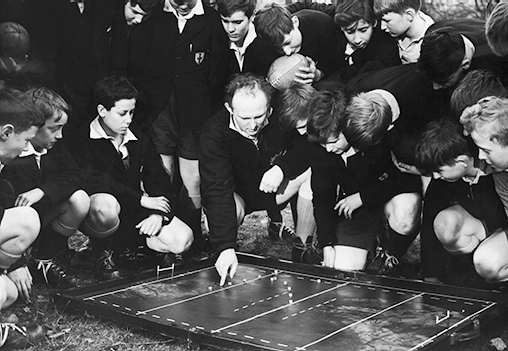
WHITGIFT School, an oasis of green in busy bustling Croydon, have always had a proud sporting tradition and that included a distinctly useful Rugby XV but in recent years it has become a real powerhouse feared around the country.
This is where the likes of Danny Cipriani, Elliot Daly, Marland Yarde and Harry Williams learned their trade, but frankly that’s only the tip of the iceberg. Other senior rugby players include wing Mark Foster once of Exeter, Tosh Masson, George Merrick, Stan South, Richard Thorpe, Adam Thompstone and Nev Edwards, while going back a little further there was classy full-back Chris Catling and utility back Gavin Thompson, England B internationals both.
Then there was Lawrence Okoye, a powerhouse forward during Daly and Yarde’s era and perhaps the biggest rugby prospect of all who gave rugby up to firstly break the GB discus record and compete at London 2012 before he moved to the USA to pursue an American Football career.
All-round sporting talent is commonplace at Whitgift, in fact it almost defines the school. Daly was an England U15 cricketer – a fast bowling all-rounder -while Cipriani was a talented footballer and cricketer. World Cup cricket winner Jason Roy, meanwhile, was a stand out at full-back who had to decide which sport to concentrate on and England opener Dom Sibley a classy fly-half.
Master in charge for the last 13 years has been former Wasps flanker Chris Wilkins, who although enjoying considerable success both at the start of his tenure and more recently warns against the ‘twin imposters’.
“We have been fortunate enough to produce some cracking players and teams over the years who have gone on to great things but that’s not how we assess what we have achieved.
“For every Elliott or Marland we have 30 or 40 other students happily playing National League or junior club rugby or just enjoying themselves playing decent rugby at university. I help out coaching with Esher and what makes me prouder than anything is to keep bumping into former Whitgift players around the club circuit still putting the effort in and having a good time.
“Anybody who loves and understands sport knows that sometimes winning or losing is simply down to the bounce of the ball or a bit of good luck or bad luck. At schools’ level you certainly don’t judge any programme and any school by the silverware.
“I enjoy every season and hope the lads do as well and while it was obviously nice to win backto- back Daily Mail Cups in 2010 and 2011, much more important was the recognition we achieved that allowed us to strengthen our fixture list and start taking on the big one-term schools like Millfield and Sedbergh on a more regular basis. That is the tangible long term benefit.”
Wilkins is very modest but we need to dwell a little longer on a few of these notable seasons. In 2009-10 Whitgift lost just two of their games in a marathon season that started with a gruelling tour of New Zealand which included an exceptional win over Dilworth School, the power in the land in Auckland schools rugby at the time who suffered just four defeats in three seasons.
Whitgift did lose to Lindisfarne College on tour and back home their one reverse was a 15-13 nail biter against their great local rivals John Fisher just down the A23 in Purley. That was avenged a couple of weeks later with a 22-10 victory as the team gathered momentum heading towards the Daily Mail Cup final – now termed the NatWest trophy – against RGS Newcastle whom they defeated 34-10 with Yarde claiming a hat-trick and Daly also catching the eye.
It was very much the same story the following season with many of the same players involved. This time around, with a stronger than ever fixture list, Whitgift won 19 of their 22 games culminating in an entertaining 45-24 win over Oakham in a highquality game full of attacking endeavour and serious pace.
And then in the last two seasons Whitgift have come agonisingly close to repeating that achievement. In 2018-19 they lost just two of their 23 games – to Sedbergh and Wellington – but again blazed a trail in the Natwest where they beat Warwick in the final and, again last season, despite fielding a younger and smaller pack than usual, they went all the way to the final where they were due to meet Warwick. Alas that game was one of the first sporting victims of Covid-19 and was cancelled
Wilkins heads up a big rugby operation at Whitgift which, like the best clubs, looks to encourage players of all ages and abilities.
“We run 28 teams from year six to 13 which is a pretty big logistical operation, but our philosophy is that any pupil of whatever age and ability be given the chance to enjoy their rugby and improve. To achieve that we rely heavily on masters down the school taking on the responsibility of coaching and managing the various sides. It’s an interesting process in many ways. In the summer term, for example, I help out with some of the cricket XIs and I get to see some of ‘my’ rugby first teamers in a different environment a little out of their comfort zone. You can learn a lot.
“That depth of commitment to the game is greatly helped by having terrific former long standing 1st XV coaches like Chris Kibble – now our director of sports development and facilities – and Adrian Norris still heavily involved. We have got six pitches but it can still be a juggling act on a busy match day but the ground staff always seem to come up trumps. It’s a vibrant sporting environment -we have 40-odd sports on offer here.”
Until 1946 Whitgift used to be a grammar school and one of the legacies of that background is they are a two-term side with regards to rugby, indeed it is that length of season and scope that Wilkins enjoys the most.
“I’m a big believer in two term rugby even if it does present its own challenges with a long season, especially as we arrange a pre-season overseas tour every two years. Our season is not a sprint, there is plenty of rugby for everybody.
“The massive pluses are that it allows a side to develop naturally over a period of seven months – and the improvements can be massive with young sportsmen at that early stage of their careers. We also get to take on the big oneterm schools before Christmas and then meet up with old twoterm rivals after Christmas. We enjoy that diversity.
“After Christmas can be something of a juggling act but it’s still a very fulfilling time. Our most talented lads will be mainly playing with professional club academy sides but that means I can start bringing in promising youngsters from the 2nd XV with an eye to the following season. Then, if we are still involved in the latter stages of the NatWest, the more established players will come back for those games.
“The only real drawback is that it can be very difficult to mount a big Sevens campaign. We can only really turn our attention to that at the last minute. I would also like to send a team up to a great competition like the Sedbergh Tens but by that stage of the second term the lads are out on their feet .”


United Rugby Championship
Vaea Fifita’s commanding presence has Scarlets pushing for URC play-off spot
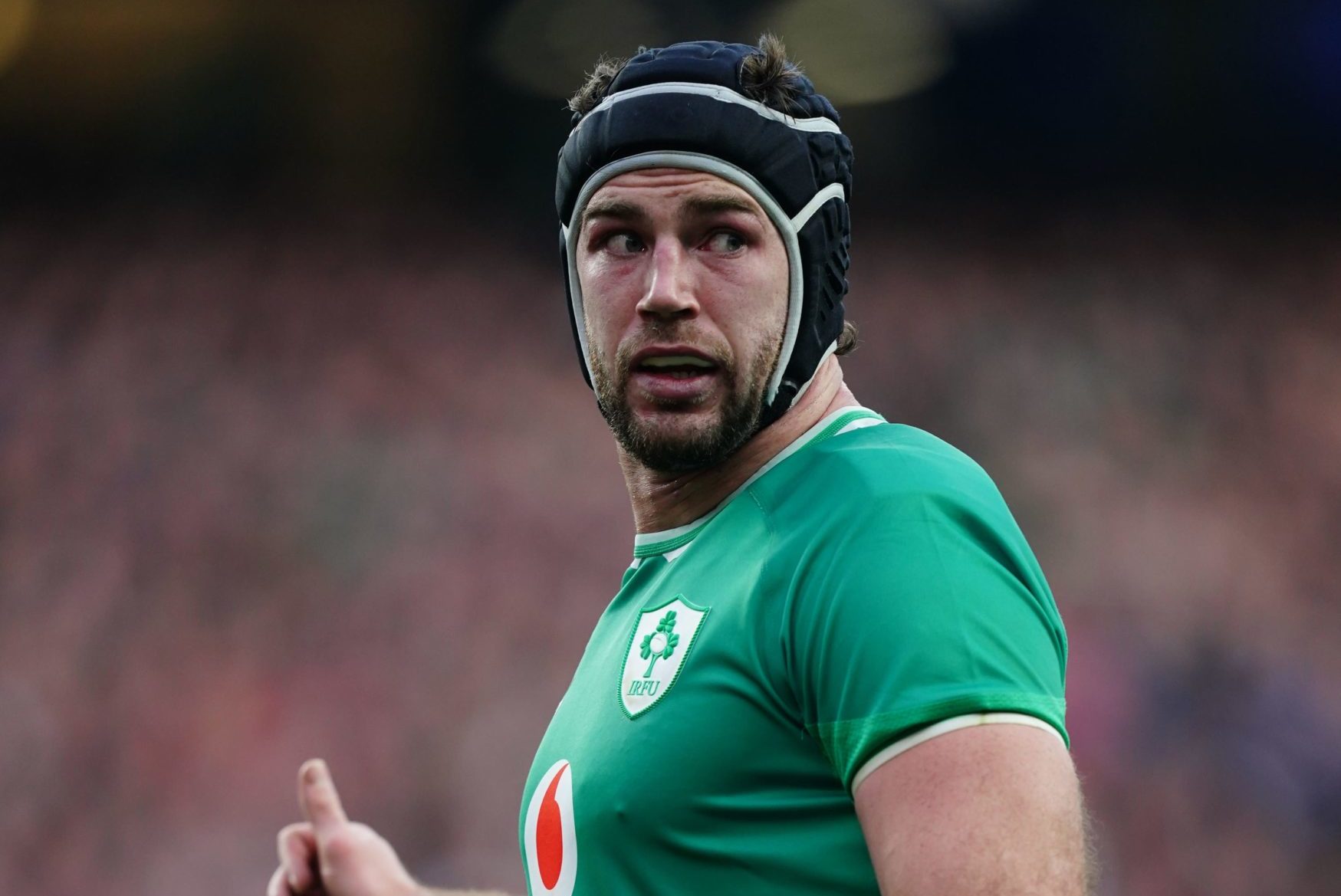
British and Irish Lions
British and Irish Lions Watch: Caelan Doris confirmed to miss the tour with injury



















